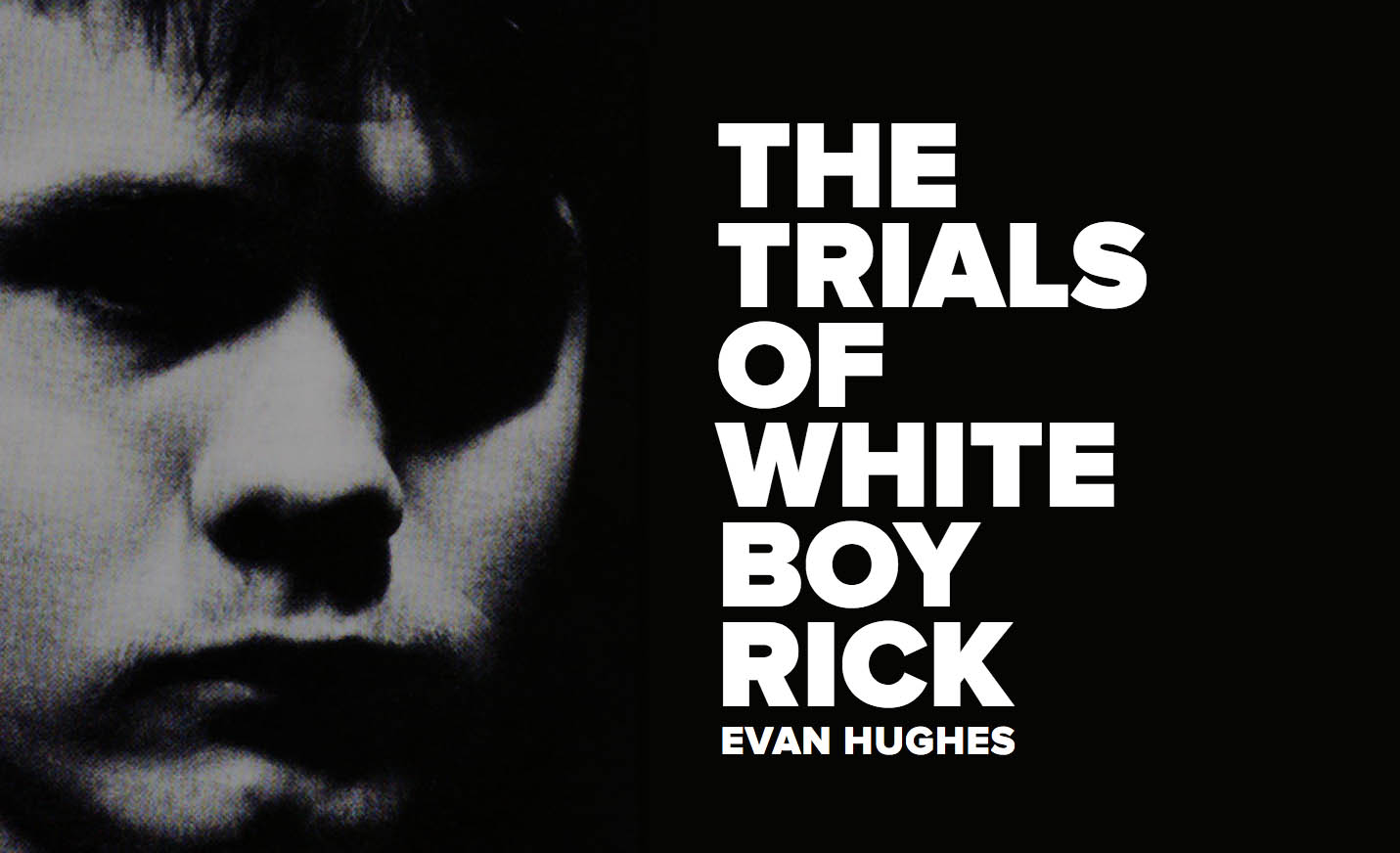Longform App Exclusive: "The Trials of White Boy Rick"

Today we're thrilled to announce our first Longform App Exclusive! One of the best articles of 2014 is now available completely free, only in the Longform App.
In "The Trials of White Boy Rick," a Kindle Single bestseller, Evan Hughes tells the incredible story of Rick Wershe. An infamous teenage drug dealer in 1980s Detroit who flew in kilos of cocaine from Miami and drove a white Jeep with THE SNOWMAN emblazoned on the back, Wershe was arrested at 17 and remains incarcerated. But he now claims he was working with the FBI all along. Was one of Detroit’s most notorious criminals also one of the feds’ most valuable informants?
Everyone at Longform has read this story and we can say with complete confidence: you'll love it. It's a frontrunner for our Best of 2014 list, an epic tale you can't put down. We'll be bringing you many more Longform App Exclusives, but we couldn't have started with a better pick. And it's 100% totally free, only in the Longform App.
